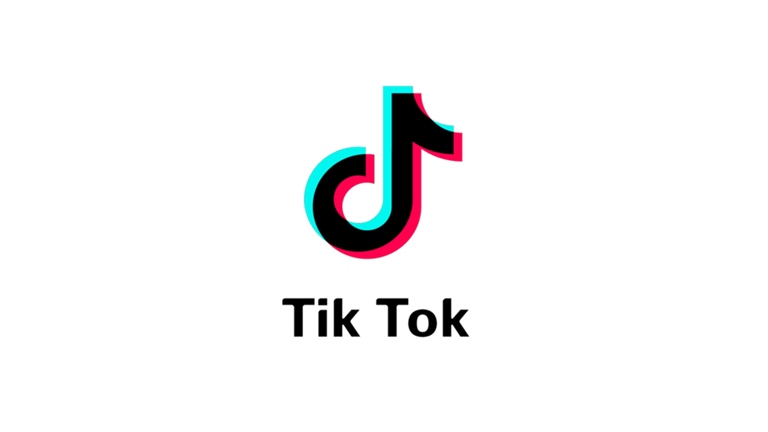Anticipation has long been building about the impending takeover of the Western tech world by Chinese digital giants like Alibaba, Tencent, Baidu, and JD. However, efforts so far have been largely disappointing. The most popular app in the West for messaging is WhatsApp, not Tencent-owned WeChat. For digital payments, people use PayPal, not Alibaba’s payment processing system Alipay. Google dominates the search market, not Beijing-based Baidu.
By almost all accounts, Western giants like Google, Facebook, Instagram, Snap Inc., Spotify, and Amazon have barely noticed the competitive impact of their Chinese equivalents. While China has found great success in global hardware markets, they have had much less success with software. That is, until now … and while you may not have heard of it, TikTok became one of 2018’s most downloaded mobile apps for Apple and Android devices in the U.S. and Europe, unseating the likes of YouTube, Instagram, and Snapchat.
In fact, as of early this year, TikTok had been downloaded more than 80 million times in the U.S., logging 4 million downloads from the App Store in October 2018 alone. It is also one of the most popular apps on Google Play, and the No. 1 most downloaded app last year globally on iOS.
What is TikTok?
So, what is TikTok? Launched in September 2016, TikTok is a video sharing platform with a twist. Videos can be no longer than 15 seconds and they are based on various themes: music, cooking, travel, dance, fashion, and so on. Users create these short clips, use simple tools to add music and special effects, and share them on the app. The most popular clips are high on entertainment value, with a premium on instant gratification. Similar to Vine, which shut down in 2016, TikTok can be thought of as a video version of Instagram or Snapchat.
TikTok comes from China, but, interestingly, it is not owned by one of the aforementioned Chinese tech giants. Despite massive investments in video platforms by the likes of Alibaba, Tencent, and Baidu, none of them dominates this area. TikTok – known locally as Douyin – was launched by ByteDance, a Beijing-based tech company traditionally focused on news. Its news app, called Toutiao, uses advanced AI algorithms that learn user preferences, then provides customized news feeds. Bytedance uses these same algorithms to provide relevant video feeds to TikTok users.
By the start of 2017, Douyin had become China’s most popular mobile video app, with its challenge video skits being acted out on masse thanks to Chinese netizens routinely creating various responses to popular memes. One recent video, which featured gummy bears singing an Adele song, got 1.7 million likes on TikTok, went viral on Twitter and spawned widespread spinoffs.
As of December 2018, less than two years in, TikTok had more than half a billion active users (more than Twitter’s 326 million active monthly users) – 40 percent of which were located outside of China, thanks in large part to Bytedance’s 2017 acquisition of a similar American app called Musical.ly and subsequently consolidation of the two.
Competition Looms
It is no surprise that the Chinese giants are closely studying TikTok’s successful approach, which centers on simple design, active promotion, attention to different locales, and focused acquisitions, paired with a revenue model that is entirely dependent on in-app purchases (users can buy things like emojis and digital gifts to share with others).
With an eye to understanding and emulating the magic formula for succeeding in global markets, Tencent is already making a bet on the short-video streaming industry by investing in Kuaishou, TikTok’s main local competitor, and reportedly giving out subsidies worth nearly $500 million to promote its own platform Weishi. The giants of the West are also taking note, with Facebook quietly launching a TikTok competitor app called Lasso in November 2018.
But all the while, Bytedance – which “closed $3 billion of funding from SoftBank Group Corp. and other major investors at a valuation of $75 billion [in September 2018], cementing its position as the world’s biggest privately backed startup,” per Bloomberg – cannot rest on its laurels. If Bytedance wants to build on TikTok’s position as the first globally successful “made in China” app, TikTok will need to massively expand from its base, while staving off attacks from well-funded and ambitious Chinese and global competitors.
Building a successful app is one thing. But, as Snapchat’s fall from grace shows, sustaining that success is an entirely more challenging endeavor.
Michael Wade is a Professor of Innovation and Strategy and Cisco Chair in Digital Business Transformation at IMD Business School. Jialu Shan is a Research Associate at Global Center for Digital Business Transformation at IMD Business School.











